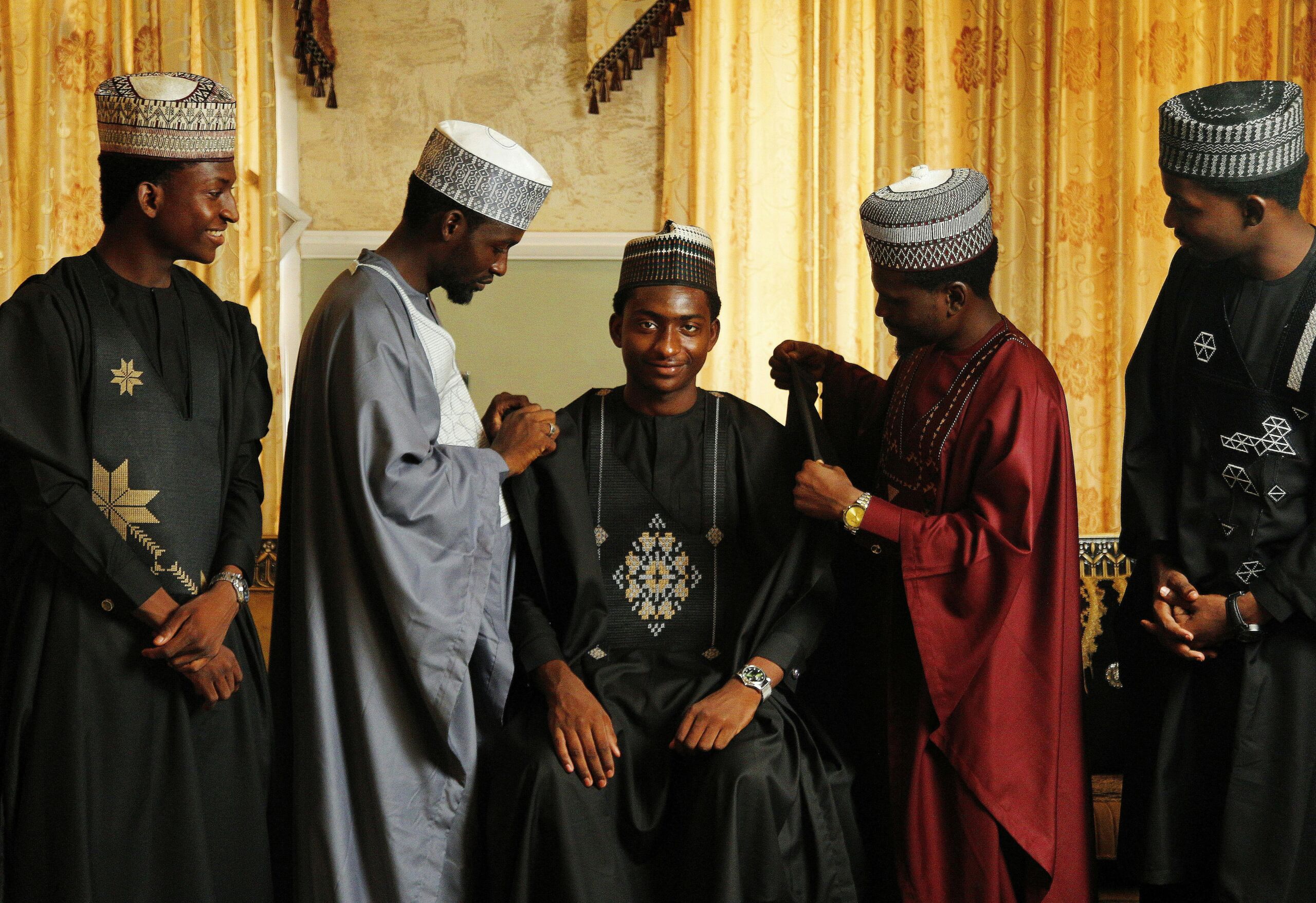Citation:
Jemiluyi, Omotayo. 2025. “From Naija to the States: Stereotypes and Resistance of the Nigerian Man in America.” Howard Journal of Communications, 1–23. https://doi.org/10.1080/10646175.2025.2525258
Summary:
This article examines the lived experiences of Nigerian men in the United States, focusing on the racialized and gendered stereotypes they face and the strategies they use to navigate and resist these biases. Based on in-depth interviews with 17 Nigerian men, the study identifies three recurring stereotype categories: the portrayal of Africa and Africans as primitive, the framing of Black men as hypermasculine and potentially criminal, and encounters with institutional barriers rooted in systemic racism. In response, participants employed two key strategies—“work hard/prove myself” and “intentional disregard”—as tools for survival, dignity, and identity maintenance. By centering Nigerian men as both African immigrants and Black men, the study sheds light on the complexities of diasporic masculinity, racism, and resistance within the U.S. context, contributing meaningfully to discussions on race, migration, and masculinity in the African diaspora.
Behind the Work:
This article is part of a larger project I began in November 2024, focused on Nigerian masculinities in the United States. My original aim was to understand how Nigerian men negotiate their identities and masculinities in a different cultural and racial landscape. But as I began interviewing participants, one of the key stories that emerged was the stereotypes they experienced and how they had to deal with it. This article honors their voices and contributes to a broader understanding of how racialized African masculinities are shaped—and reshaped—in diaspora.
Key Ideas:
- Stereotypes encountered by Nigerian men in the U.S. fall into three main categories:
- Africa as primitive
- Black men as hypermasculine and criminal
- Institutional bias and discrimination
- Two major resistance strategies emerged:
-
- “Work hard / prove myself” – using excellence to disprove bias
- “Intentional disregard” – emotionally detaching from dehumanizing assumptions
- The study positions Nigerian men within the intersections of race, migration, and masculinity, emphasizing the specificity of their experience within the broader Black diaspora.
Relevance:
This article is essential reading for scholars in race studies, African diaspora studies, masculinity studies, and migration research. It also offers insight for policymakers, educators, and cultural workers seeking to better understand how racialized stereotypes affect African immigrant communities and how those communities respond with resilience and nuance.
Read the Full Article:
Click here to access the article


